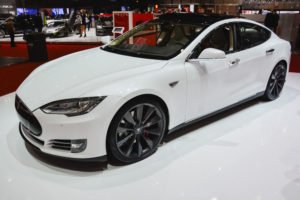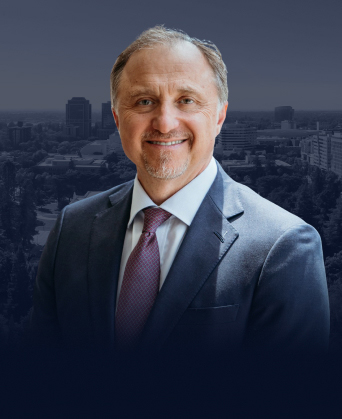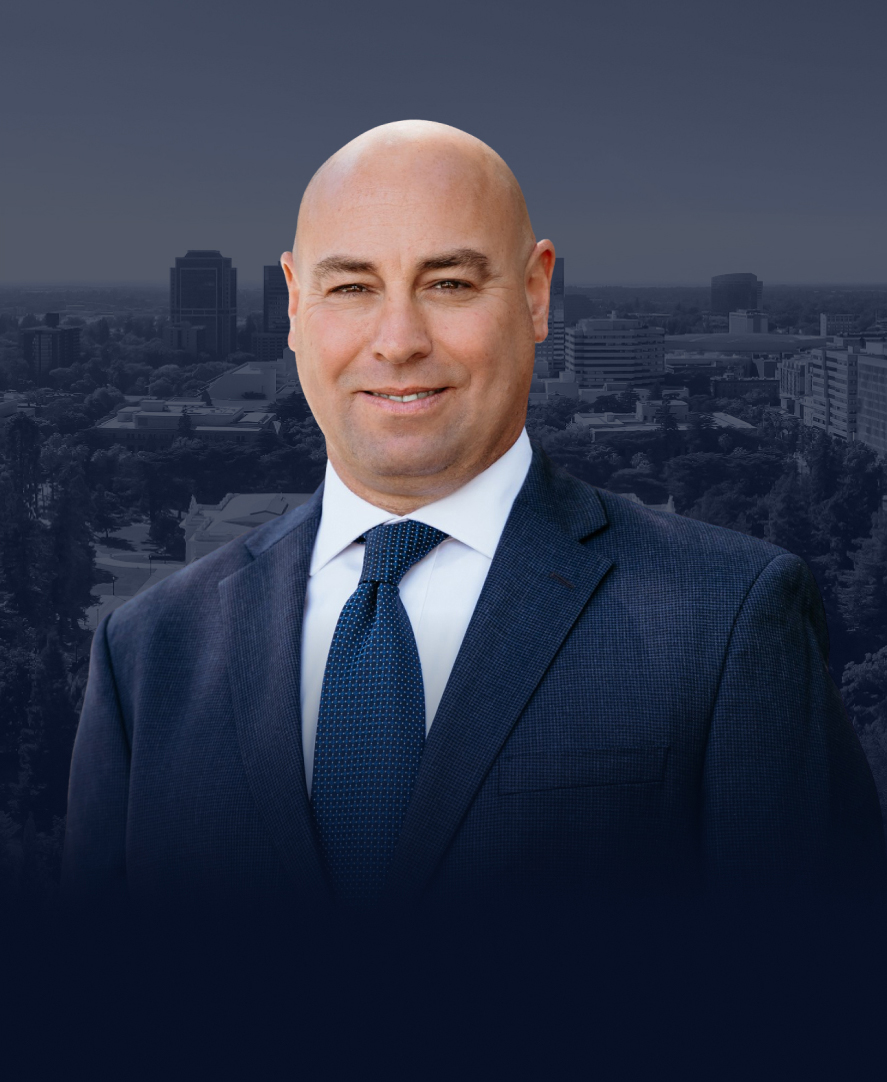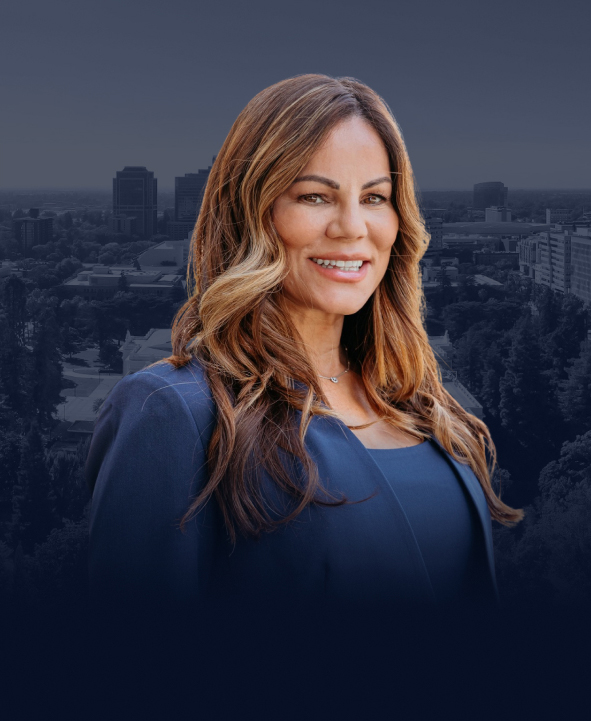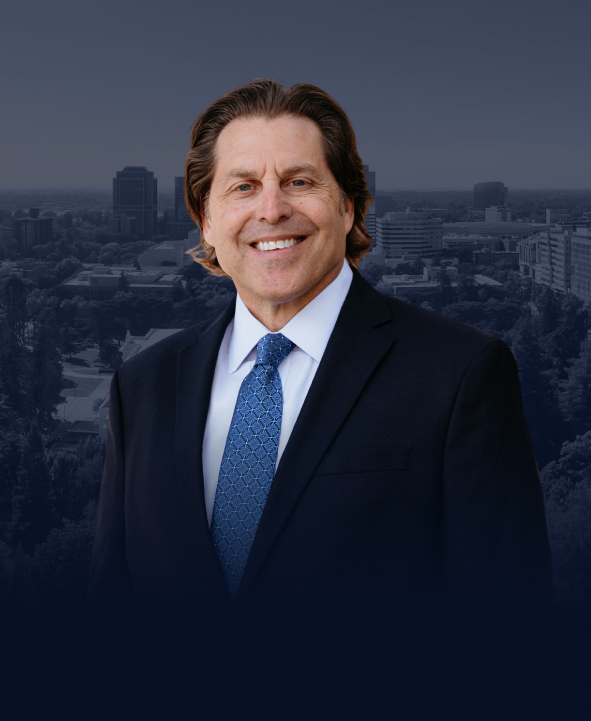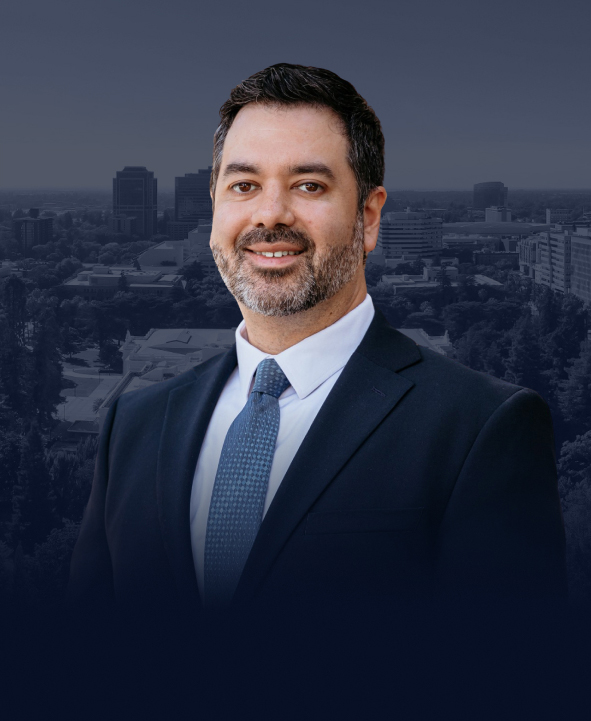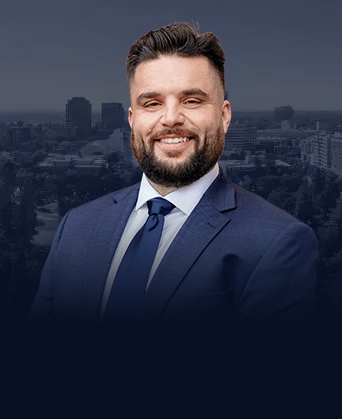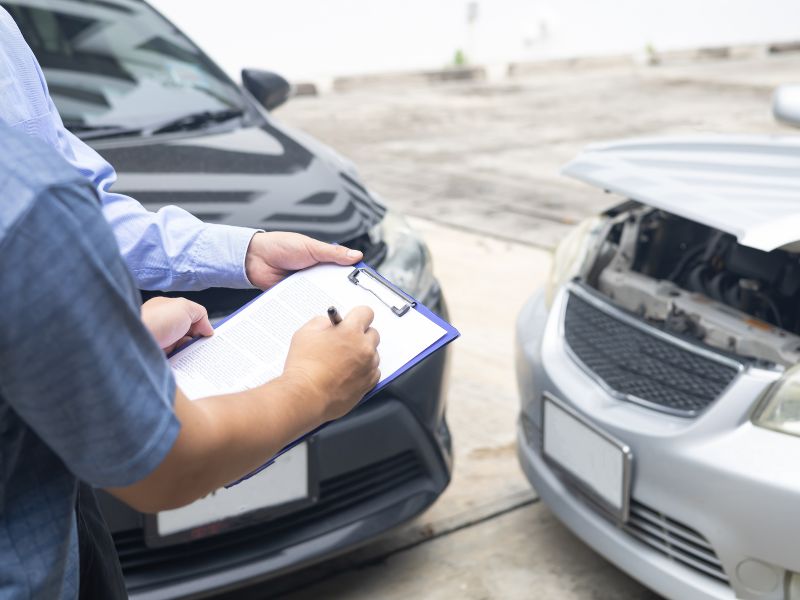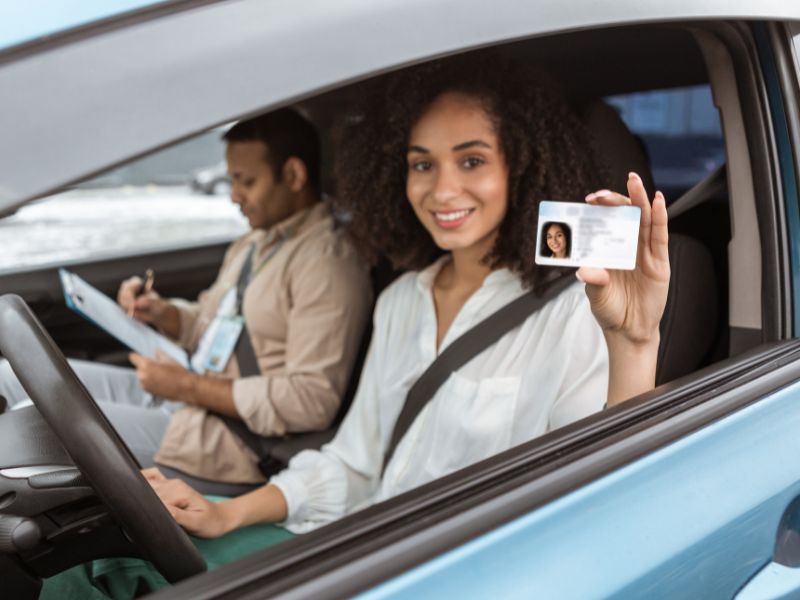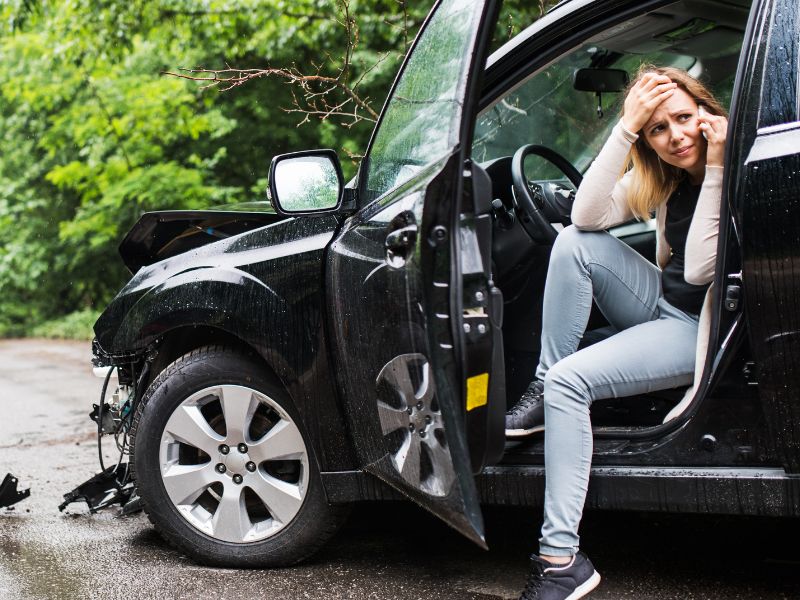This week, automotive industry leaders, scientists and engineers gathered in San Francisco for the Automated Vehicle Symposium. The timing is significant, as the symposium comes just two months after the death of a driver who was in a Tesla Model S with the Autopilot feature on at the time of the crash, according to a report in the Sacramento Bee. In that Florida crash, which happened in May, the Autopilot feature of the Tesla vehicle is reported to have missed recognizing a big-rig that turned in front of the car
The U.S. National Highway Traffic Safety Administration (NHTSA) is investigating the reason for this Autopilot failure. In the meantime, the Consumer Reports magazine has come out with its own commentary on the issue stating that Tesla should not call the feature Autopilot if it is not autonomous and if it requires drivers to keep their hands on the wheel, ready to take over at any time. Tesla issued a statement after the fatal crash saying drivers should not completely rely on the Autopilot system and should be prepared to take over at a moment’s notice.
Testing Driverless Cars
A few agencies, including the California Department of Motor Vehicles, are calling for regulations that would prohibit the testing of driverless cars, vehicles that will have no humans onboard. Others say these technologies are the way of the future and that they may prove life saving. The Insurance Institute for Highway Safety (IIHS) says that more than 10,000 lives a year may be saved if all vehicles had the following four safety technologies: lane departure prevention, forward collision mitigation, adaptive headlights and blind spot detection.
Without a doubt, the importance of safety technologies such as these should not be underestimated. In 2015 alone, 3,250 Californians died in car accidents, which represents a 5 percent increase over 2014. Across the country in 2015, we saw an 8 percent increase in traffic fatalities and the numbers are expected to be higher in 2016. Safety experts attribute this increase to more distracted drivers on the roadways.
Will Driverless Cars Make Us Safer?
Will new technologies help us eliminate car accident injuries and fatalities? Safety technologies by themselves certainly have the potential to reduce injuries and fatalities. As Sacramento car accident lawyers who represent victims of car accidents and their families, we are strong supporters of advancements in technologies for safer vehicles. However, higher levels of automation cannot come at the expense of poor and unsafe design, lack of or improper testing of the technology and product, and certainly not by putting the lives of drivers and other road users in harm’s way. There is much progress to be made not just in terms of the technology itself, but also in how manufacturers and drivers understand the implications of these new features.
We need to navigate this unchartered territory carefully. While self-driving vehicles may represent a functional advancement and even come across as a life-saving innovation, we should take a more cautious step toward this future. Tesla and other automakers that aspire to make autonomous vehicles must ensure they place consumer safety above all.
If you have been injured by a distracted driver, the experienced Sacramento car accident lawyers at the Demas Law Group, P.C., can help you better understand your legal rights and options. We will help you secure maximum compensation for your losses. Call us at (916) 444-0100 for a free and comprehensive consultation.
